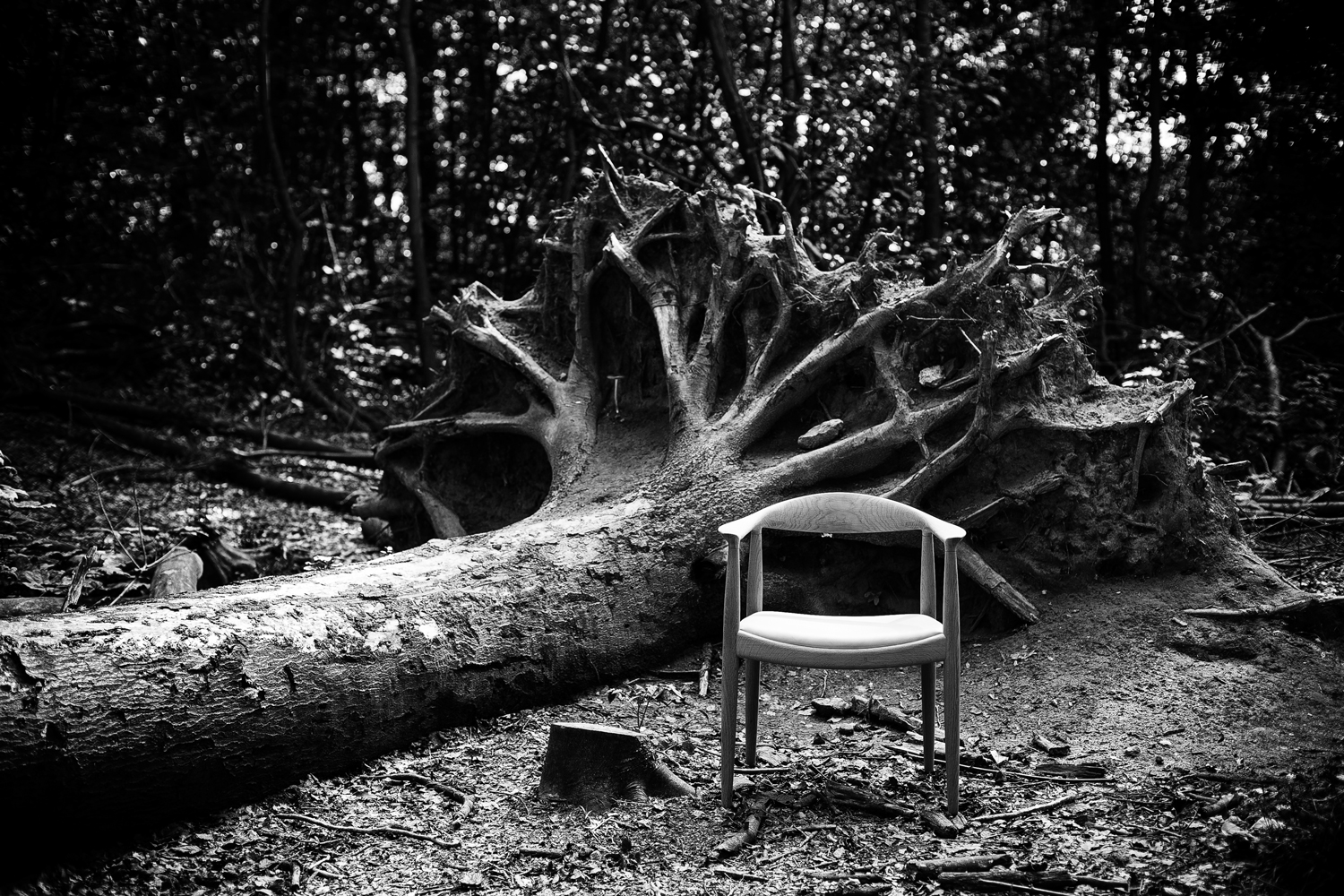
Without forests there is no PP Møbler!
This fundamental truth has always been very clear to us, and for that reason alone, caring for the source of our timber is a natural part of our business.
Furthermore, in our daily work the wood offers such pleasures and occasionally breathtaking moments that it’s impossible not to grow a profound fascination and respect for this amazing material that grows right outside our windows.
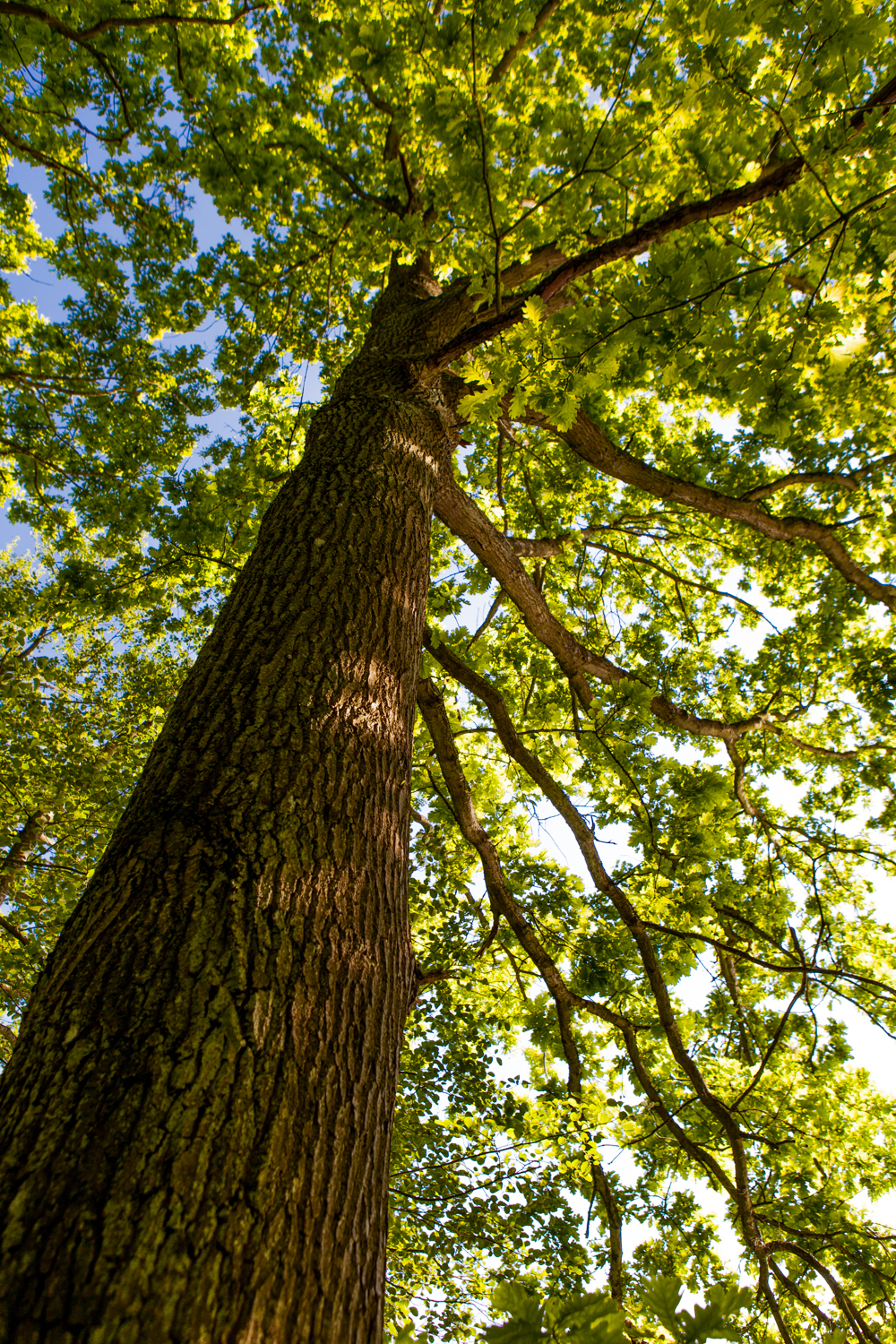
Since 1953 our basic philosophy was to make quality products using the kind of trees that grew in our local forests – oak, ash, maple, cherry, beech.
And in respect to the nature from which we harvest our materials, we would like our products to last both mechanically and esthetically for many generations.
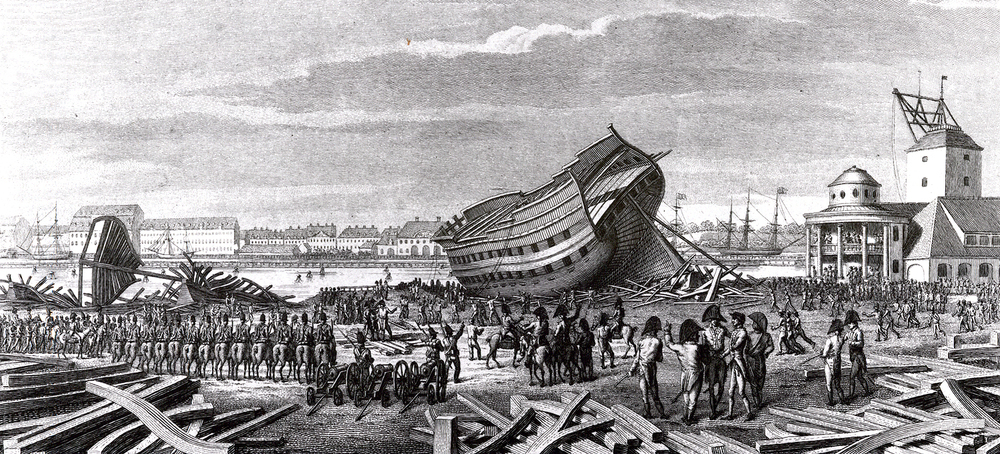
When PP was founded, the forests of Denmark were still recovering after hundreds of years of deforestation that had left Denmark with just about 4% land covered with forest by the year 1800. Forest had been cleared for farming, land development and timber.
Much of the Danish forest was cleared for building one of the largest fleets of the time. During the Napoleon wars most of the Danish fleet was destroyed while harbored or as in the picture while still unfinished on land.
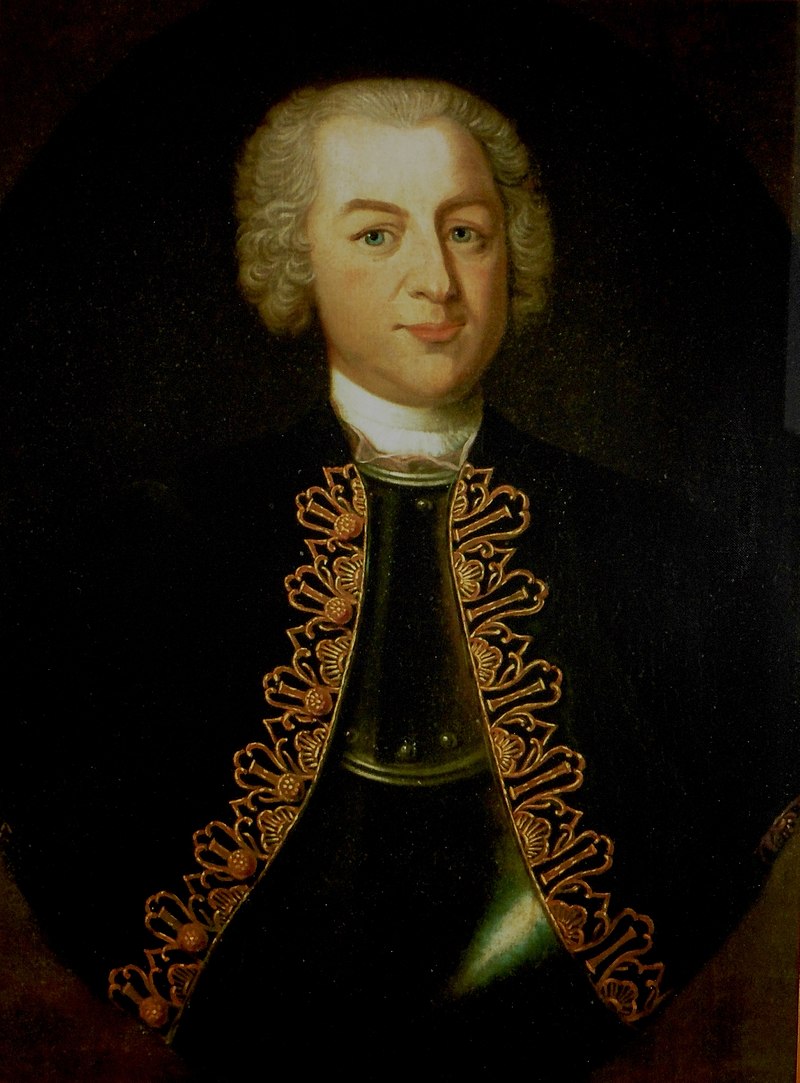 Johann Georg von Langen
Johann Georg von LangenThe Danish king realized the critical situation, as there were not enough resources left to re-establish the fleet upon the severe loss. He ordered all Danish forests to be protected against clearing and hired the German forest botanist Johann Georg von Langen to help establish a new forest in Denmark.
The sustainable forest management system was established, and today after more than 200 years more than 14% of the Danish area is covered by forest.
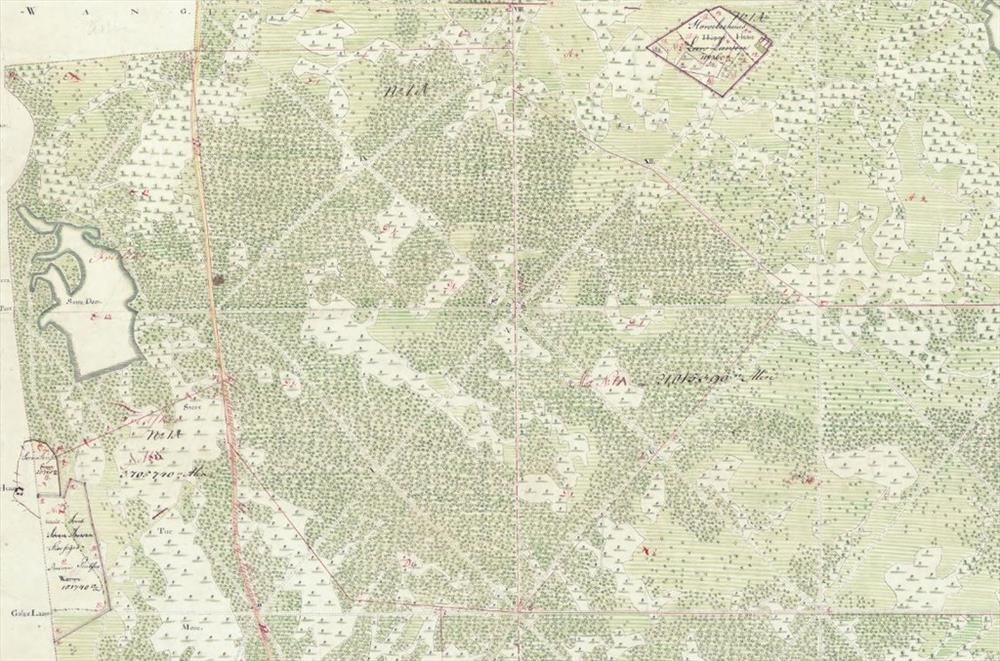
With the sustainable forest management system, the Danish forests were divided into areas, where a certain number of trees was removed in certain intervals for each area. The length of the interval is determined by the wood species and other factors but could be 30 years. So, each area of the forest would be left to grow for 30 years, until some trees would be removed leaving space for the remaining trees to grow further and to seed new young trees. There is always a limit to how many trees can be cut in a certain area, and no area should be cleared completely, as the land would be left too vulnerable.
With this system, the Danish forests have grown steadily while still providing one of the world’s most intense exploitation. Today about 6 cubic meters per hectare of forest are cut each year, but the forests grow about 9 cubic meters per hectare. This still leaves about 3 cubic meters of net growth per hectare in the Danish forests each year.
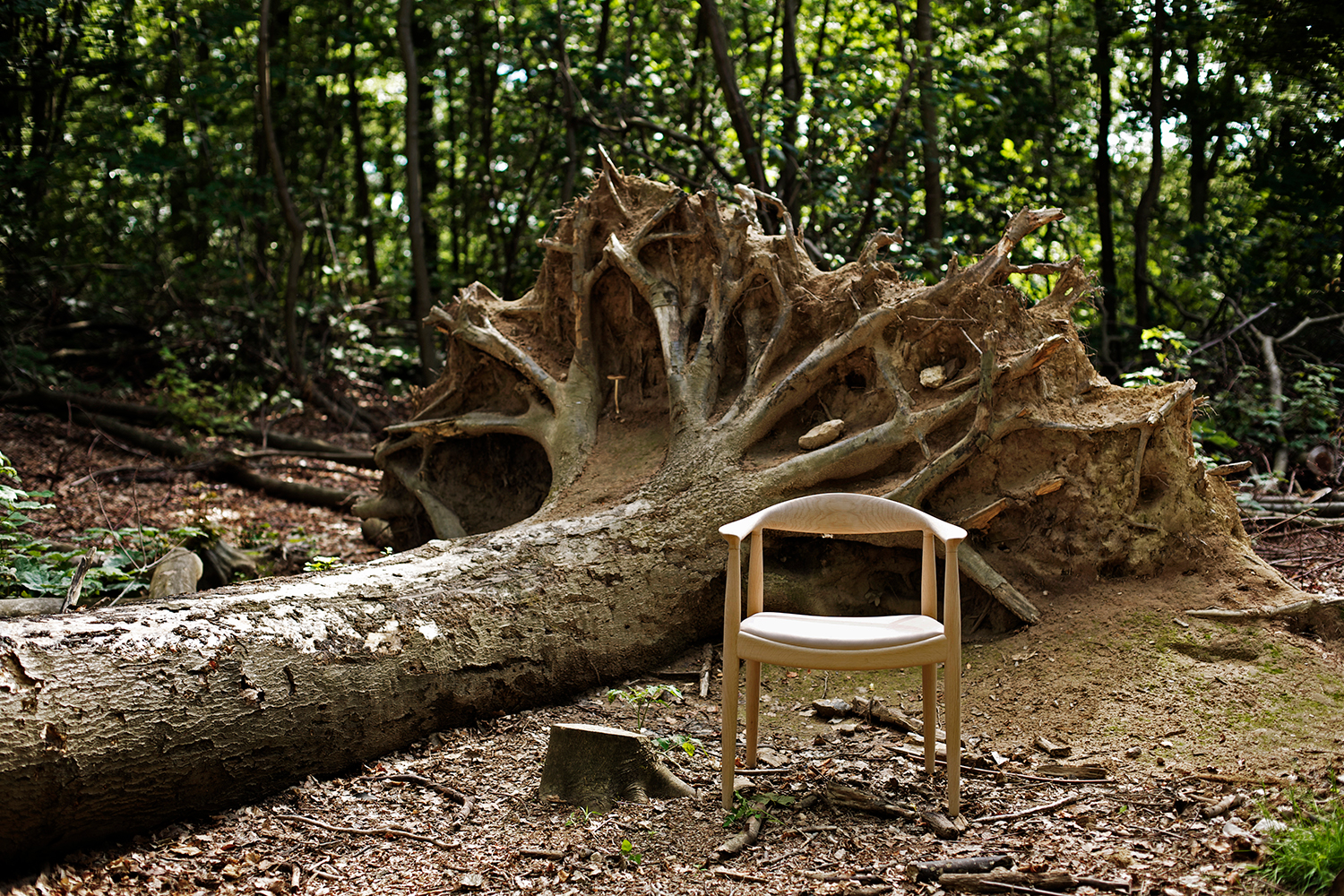
Wood can be used directly in its natural state with no other processing than drying, and it can be completely regenerated in 100 years and even store CO2 while doing so.
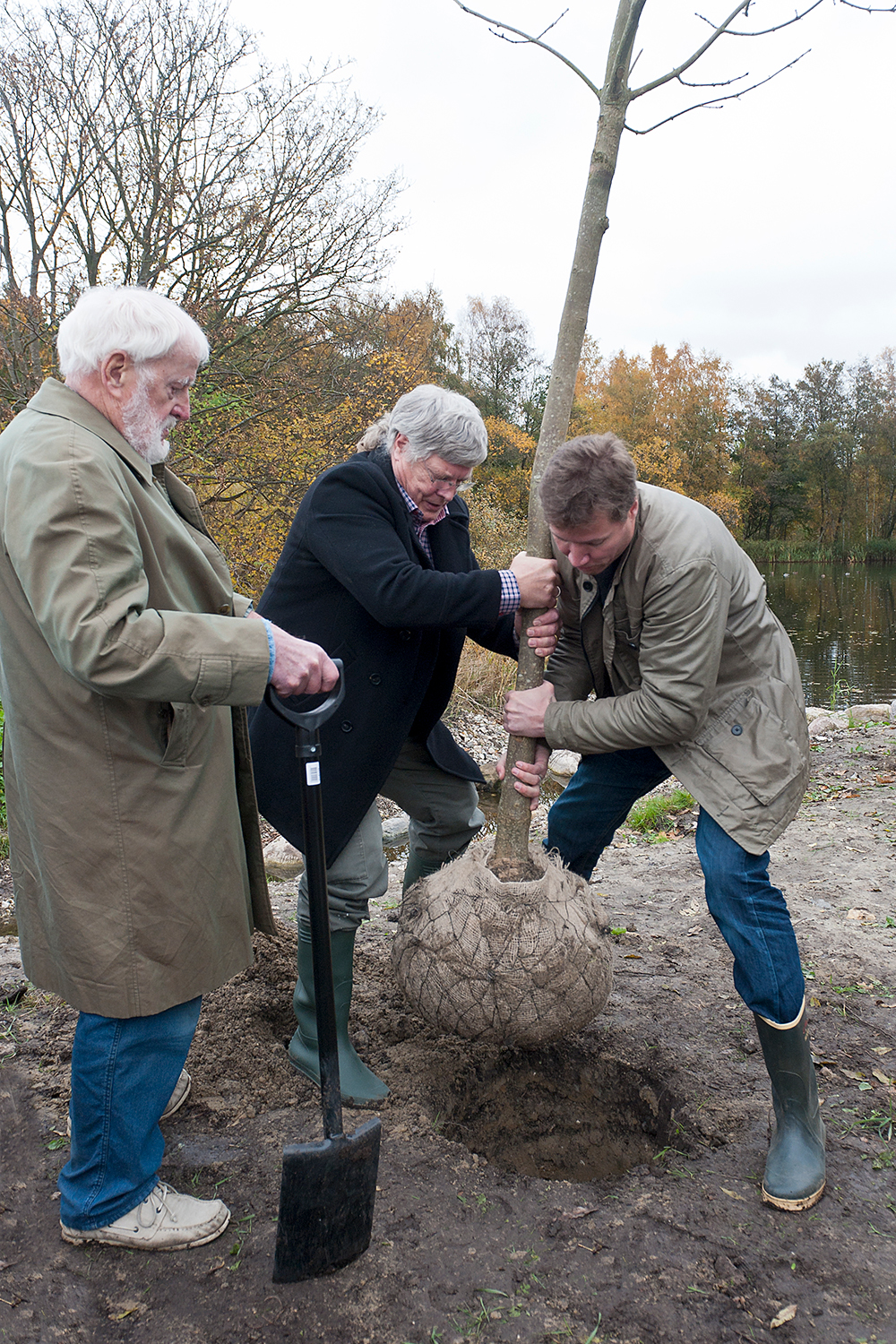
We understand that we rely on the supply of wood from the trees planted by our ancestors and that our descendants will rely on the trees that we plant today. Our contribution to this principle is the PP Forest established within our local community.
In October 2012 we established a new forest as a result of an unusual corporation between PP Møbler, Birkholm Planteskole (the local plant nursery), Forsyning Allerød Rudersdal A/S (the local wastewater company) and Allerød Kommune (Municipality of Allerød). Our local schools were involved in planting more than 4.000 trees.
The PP Forest was financed by a PP fund-raising campaign during the 2009 UN climate summit COP15 in Copenhagen, where PP acted as a main sponsor for the event.
It was the first time that the world leaders personally attended the climate summits, and for this important occasion they negotiated sitting in Wegner’s Round Chair.
 Photo: Jewel Samad / Scanpix Denmark
Photo: Jewel Samad / Scanpix Denmark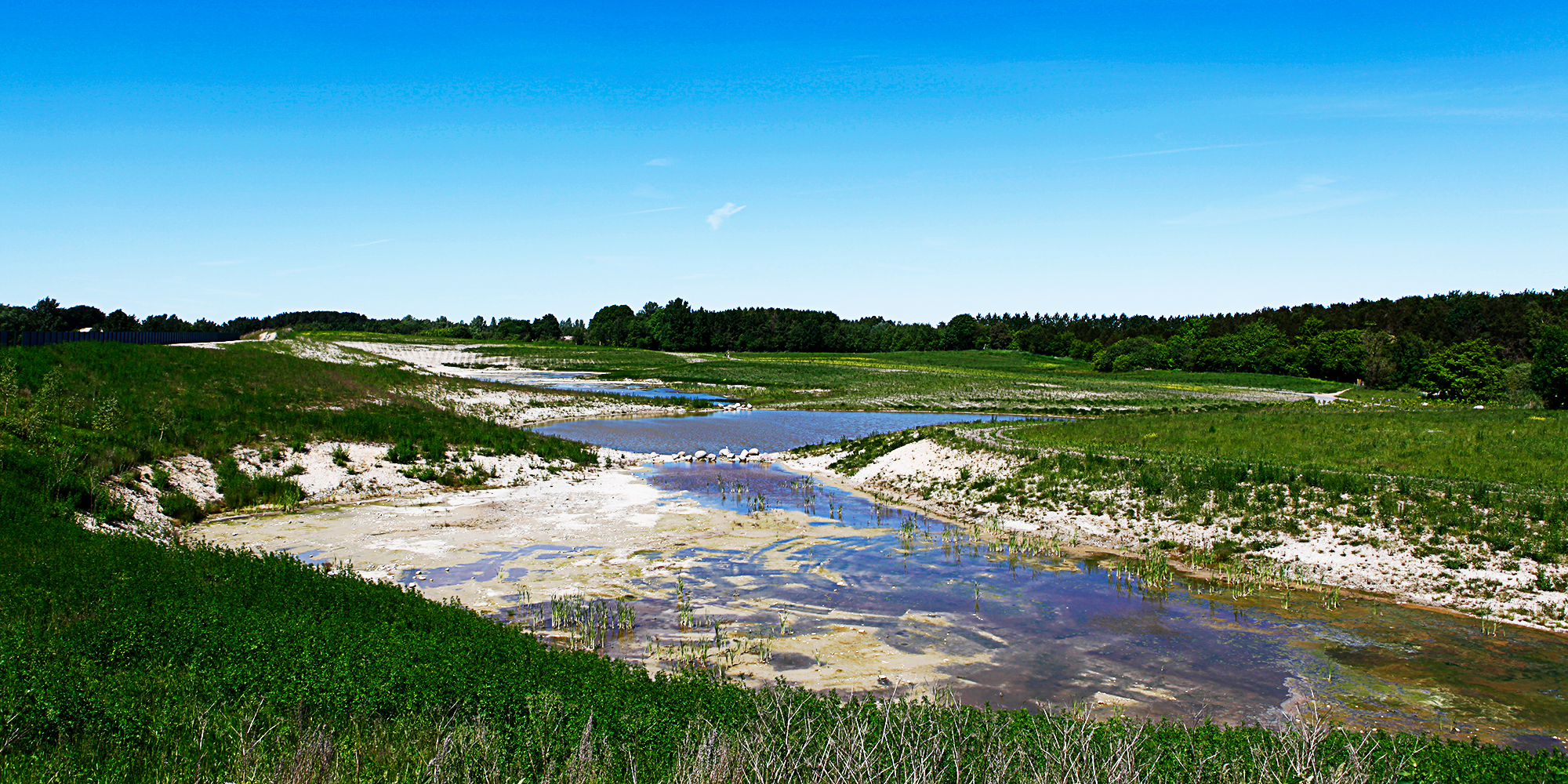
The PP Forest was established in low lands where water would flow in case of heavy rain. The area was previously used to dump excess soil from building sites.
When establishing the forest, the land was transformed to create hills and lakes to act as a buffer against future flooding from heavy rain.
Today the PP Forest is thriving with life, underpinning bio-diversity providing wet areas and shelter for birds and insects.